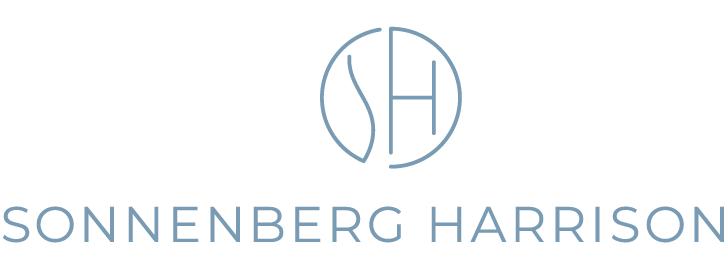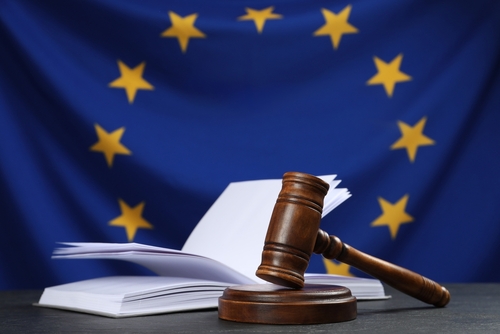The Düsseldorf location has been one of the most active courts in national German patent litigations and widely used by international patentees. It has now issued the first known ex-parte injunction in the Unified Patent Court (UPC).
The patent in dispute relates to EP2546134 which is a “Combination structure of bicycle frame and motor hub”. The decision was rendered in view of a forthcoming trade show.
The decision was handed down in spite of no previous opposition or cancelation action against the patent. It will be remembered that the Düsseldorf court – in national proceedings – had previously adopted a rather restrictive approach (Decision I-2 U 47/10 – Harnkatheter) and insisted that patents should have been validated by surviving a claim for revocation before the judges in Düsseldorf would issue an emergency injunction. Another German court in Munich had asked the European Court of Justice which such practice was correct in view of European legislation. The ECJ ruled that the practice in Düsseldorf was considered inappropriate (Phoenix Contact ./. Harting, Case C-44/21). There was no need for a patent to have “survived” a challenge to their validity before granting an ex-parte injunction without hearing the alleged infringer’s case. It was therefore to be expected that UPC would be more open minded towards injunctive relief and clearly the Düsseldorf court has heard the message.
The second most interesting aspect of the decision is that it was handed down ex parte, without hearing the alleged infringer’s arguments, in spite of the presence of a so-called protective brief. A protective brief can be filed with the court to argue that a company did not infringe a patent and request that its position be heard before any injunction is granted.
The Düsseldof local division demonstrates that they intend to maintain their previous pro-patentee position, as in past national cases. Indeed, the judges in Düsseldorf had already previously indicated that the filing of such a protective brief could be disadvantageous to the alleged infringer as all of the defense arguments would be available to the court. In this case, the court might be in a position to take a decision without any need to hear further arguments from an alleged infringer.
It remains to be seen whether this first preliminary injunction indeed will be the “master copy” and set a precedent for new UPC-case law for injunctive relief (ex-parte – or without a hearing). Irrespective of the outcome of this case, it is now clear that emergency relief for possible patent infringement can be obtained in the UPC.
One learning from this case is that the golden rule for drafting protective briefs is to write them in such a manner that doubts are cast on the patent proprietor’s case, but with sufficient lack of details to ensure that the opponent will be heard before the injunction is issued.
The liability of the patent proprietor in the UPC system is also significantly higher than previously. A party filing for a preliminary injunction and later being overruled undergoes a substantially high risk of liability if the patent is later found invalid or the product is ruled to not infringe the patent, as the liability will be about the entire area of the UPC (or at least in those countries in which the patent is valid) and not limited to liability of the sale of products in one single country as in the past.
Should you have any questions about these cases of the European Unitary Patent system, please feel free to contact us.





